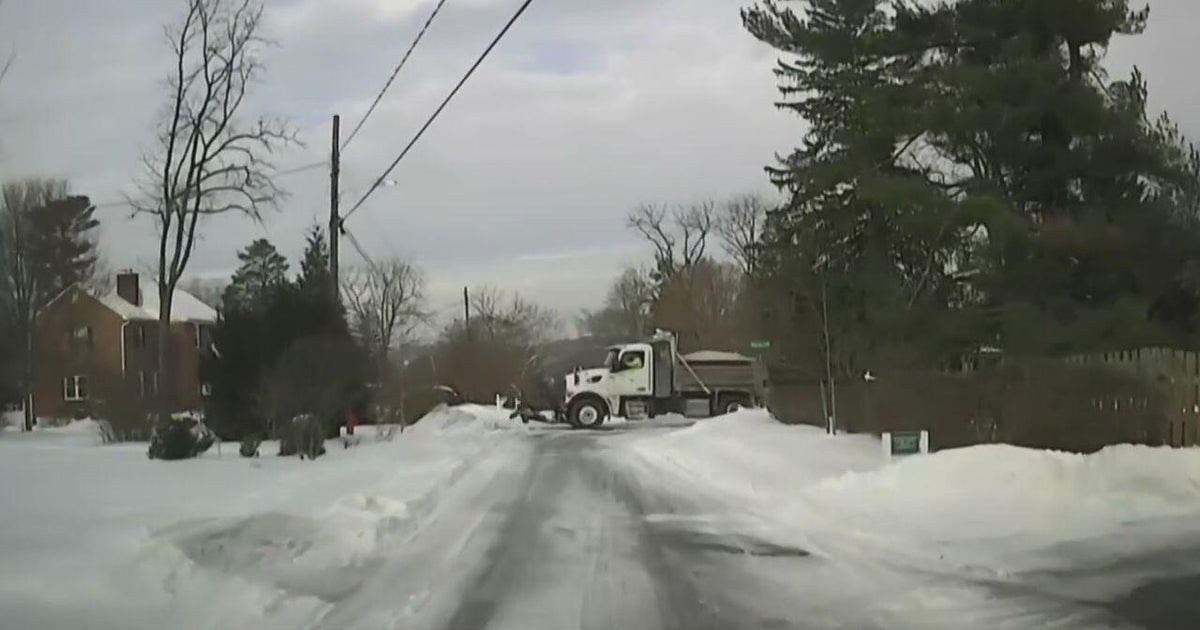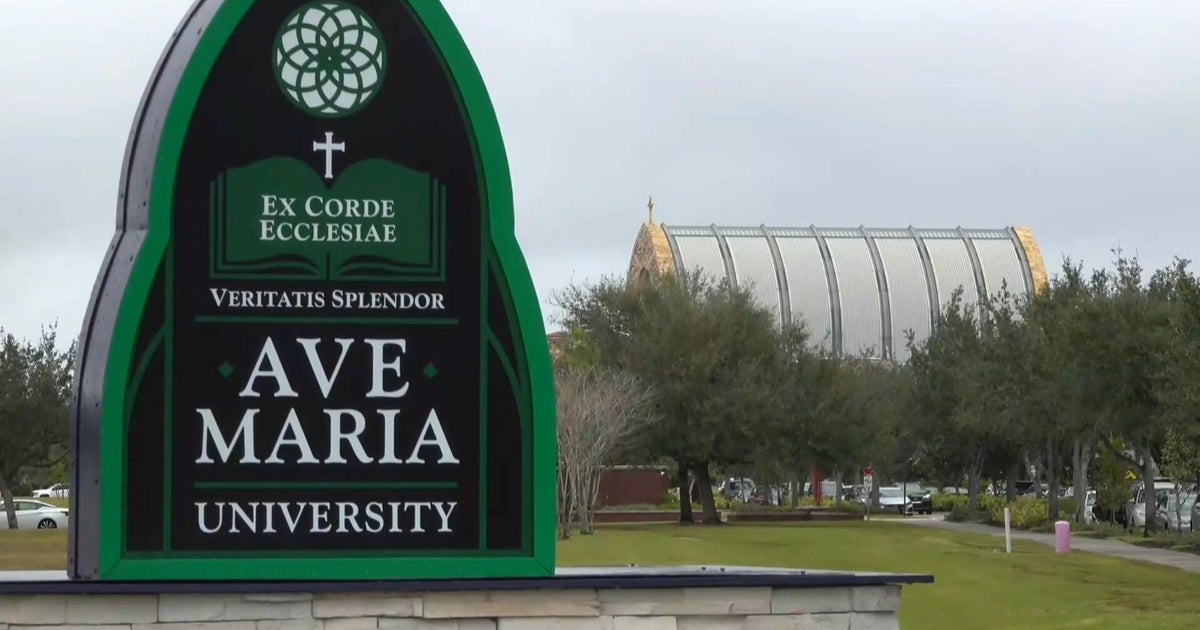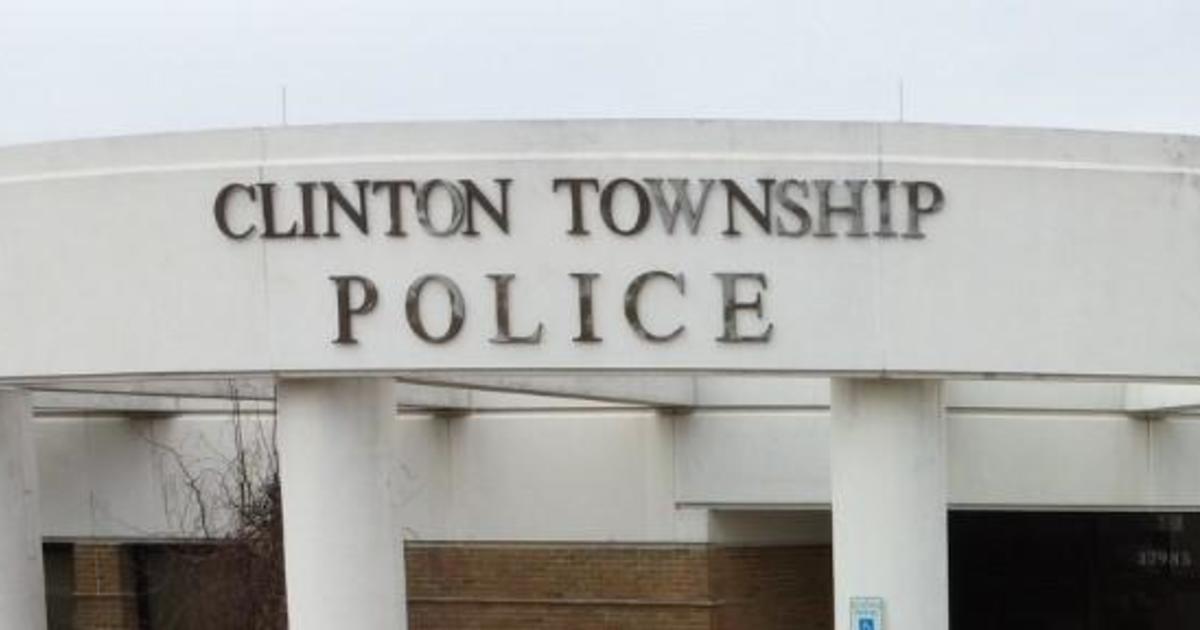Whooping Cough Deaths Misdiagnosed
LOS ANGELES (AP) --The eight infants who died in California's current whooping cough epidemic were not diagnosed with the contagious disease despite repeated visits to hospitals and clinics, according to state health officials.
In several cases, doctors only treated the infants for the common cold or nasal congestion. In light of the slow diagnoses, the California Department of Public Health recently sent a letter to doctors urging them to treat anyone younger than 6 months old who has trouble breathing as a whooping cough case until proven otherwise.
"By the time these infants developed severe respiratory distress, it was usually too late for any intervention to prevent their tragic deaths," state immunization branch chief John Talarico wrote last month.
Whooping cough, also called pertussis, is a bacterial infection that causes severe coughing spells. It can be tough to diagnose because early symptoms are mild and resemble a cold. Since whooping cough can progress rapidly in infants, delayed treatment can increase the risk of death.
Doctors have been urged to give suspected patients antibiotics and monitor them closely. A childhood pertussis vaccine is also available, but infants don't usually develop immunity until they reach 6 months old.
Some 3,600 whooping cough infections have been reported in California so far this year _ a sevenfold jump from the same period last year and the most cases since 1958. All eight of the children who died were less than 3 months old.
The state learned about the diagnosis delay after reviewing the deaths. Besides notifying doctors about the need to treat early, the state also sent a similar letter to hospitals.
"We've been on guard," said Dr. Wilbert Mason, head of infectious disease care at Childrens Hospital Los Angeles, where one of the infants died. "If you suspect pertussis, treat it."
Health officials are also encouraging new mothers and family members who have close contact with infants to get the adult version of the whooping cough vaccine.
The state recently shipped more than 100,000 vaccine doses to hospitals and local health departments to "create a cocooning effect on newborns by getting close contacts of infants vaccinated," said state epidemiologist Dr. Gilberto Chavez.
The state's findings of the delayed diagnoses were reported Tuesday by the Los Angeles Times.
___
Online:
California Department of Public Health: http://www.cdph.ca.gov/







